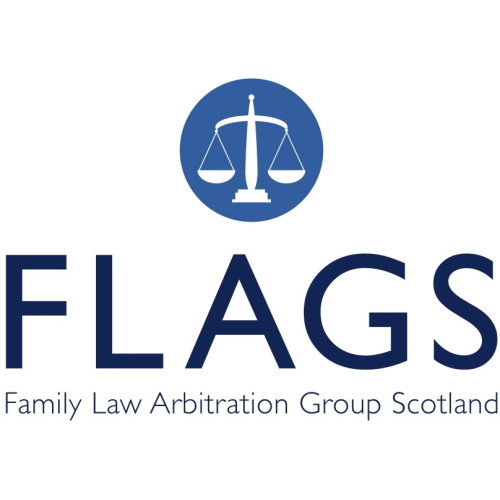Surrogacy law is being reformed
7th June 2019
Robert Gilmour was invited to attend the release of the Surrogacy Law Reform report of the Law Commissions of Scotland and England & Wales published in London yesterday. The report proposes a radical overhaul of the regulatory regime governing surrogacy arrangements and the legal status of children born through surrogacy.
There have been concerns for some time about the current law, which is often widely misunderstood by people who embark on fertility treatment. The law is fraught with difficulty for lawyers too, who want to help, but who can too easily fall foul of criminal offences in legislation, for example, making it an offence on a commercial basis to offer or agree to negotiate the making of a surrogacy arrangement.
The current law on surrogacy dates back three decades and allows surrogacy, but does not enable the intended parents to acquire legal parenthood until after a child is born, by means of a court application for a court order, known as a Parental Order. Surrogacy agreements are not enforceable contractually and there are prohibitions on many commercial activities, such as payments to surrogates beyond reasonably incurred expenses and advertising for a surrogate.
There are many respects in which the law has not kept up with technological advances. When the current law came into being it was assumed that at least one, if not both of the intended parents could provide genetic material to create an embryo, and that the fertility issue was either about a man not being able to produce viable sperm or a woman being unable to carry the foetus. That meant that the law did not deal with the possibility that individuals going through surrogacy would have no genetic link. That, plainly, is not reflective of how the world is now, where for example there are couples where neither of them can provide genetic material, or where single women who are infertile are turning to surrogates with donor sperm and donor eggs.
The report is hugely detailed- all 502 pages of it- and proposes wide-ranging, and significant changes, including:
- The creation of a new legal “pathway” to recognition of the intended parents at birth, without the requirement for a court order. The pathway would have various safeguards built in, including the need for parties to the arrangement to have taken independent legal advice at the outset and a right for the surrogate mother to object, post birth, to the intended parents acquiring legal parentage. If the law develops in this way this would deal with some of the problems that arise now where babies require medical treatment in the early stages of life and where currently there are problems in relation to obtaining consent to that treatment
- Removing the existing requirement of a genetic link between the intended parents and the child in limited circumstances, where medically necessary. The devil will be in the detail here- will older women who no longer have viable eggs fall into this category, or will it be restricted to people who would have been fertile, were it not for a specified medical condition?
- Creation of a surrogacy register to ensure access to information for those born through surrogacy about their origins.
- Potential recognition of overseas surrogacy arrangements on a country by country basis, where the standards in those countries meet with the approval of UK Regulators. Increasingly people are turning to clinics outwith the UK and many of the cases that we see are complicated by issues around immigration and nationality (US born babies, for example, may well be subject to the US tax authorities, which can be an unexpected complication!). Clarity in relation to the status and implications of overseas arrangements is undoubtedly required.
From a legal practitioner’s perspective, the proposals include removing the restriction on fee charging around surrogacy arrangements, recognising the critical role of sound, early legal advice in successful surrogacy arrangements.
The consultation is open for responses until 27 September 2019 and a draft bill is promised for 2021. The 502 page report can be found on the English Law Commission Website here.






































